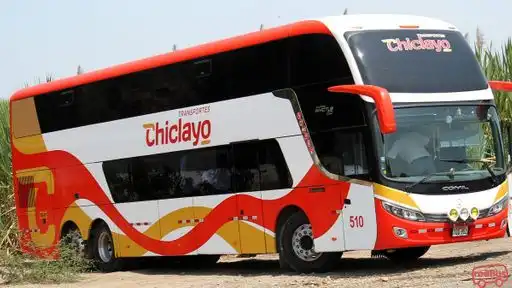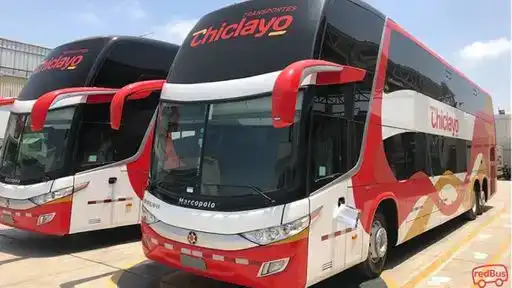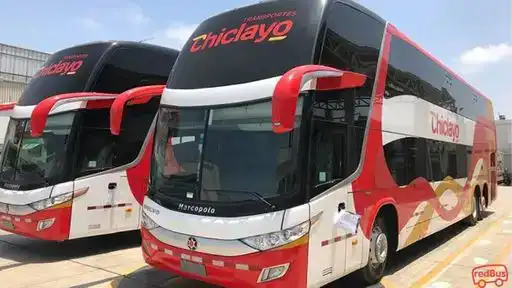Chiclayo to Talara Bus
OUR PROMISE
SECURE PAYMENT
redBus has secure payments and keeps your information and purchases completely safe and secure.
ATTRACTIVE DEALS
Get amazing discounts every time you book with redBus
WIDE CHOICE OF BUSES
150+ Bus companies with 800+ Routes in Perú
Chiclayo to Talara Bus Service
Avg. Bus Duration
:5 hrs 0 mins
Buses depart from
:Chiclayo
Bus arrives in
:Talara
Cheapest Bus
:PEN 45.00
Bus Companies
:1
Earliest Bus
:07:00
Last Bus
:22:30
Daily Bus Services
:3
Chiclayo to Talara Bus Timings & Fare
| Bus Operator | First Bus | Last Bus | Duration | |
|---|---|---|---|---|
| Transportes Chiclayo | First Bus - 07:00 | Last Bus - 22:30 | 5 hrs 0 mins | VIEW PRICE |
Buy Chiclayo to Talara Bus Tickets Online - Unlock Extra Savings with redDeals on redBus
Travel by Bus from Chiclayo to Talara
The road journey from Chiclayo to Talara is pleasant and relaxing. At redBus, we work with different bus companies that operate on this route with well-maintained buses and experienced drivers. Although the travel time varies from one bus operator to another because of traffic and climatic conditions, our continuous availability of bus services between Chiclayo and Talara reduces uncertainty and offers convenience for travelers.
About interprovincial transportation restrictions in Peru
During the COVID-19 national emergency, the government disposes of focalized measures and restrictions to ensure the health and safety of passengers nationwide. For more information about these measures, you can enter this link.
Top Bus Operator Images



OTHER BOARDING & DROPPING POINTS IN
Chiclayo
- Av. Jose Leonardo Ortiz
Talara
- Terminal Talara
Why book a Chiclayo to Talara bus with redBus?
You can also time-to-time redBus offers while booking your bus tickets online from Chiclayo to Talara. Follow a simple, fast and secure bus booking procedure. This helps save time and also helps to create a joyful travel experience!